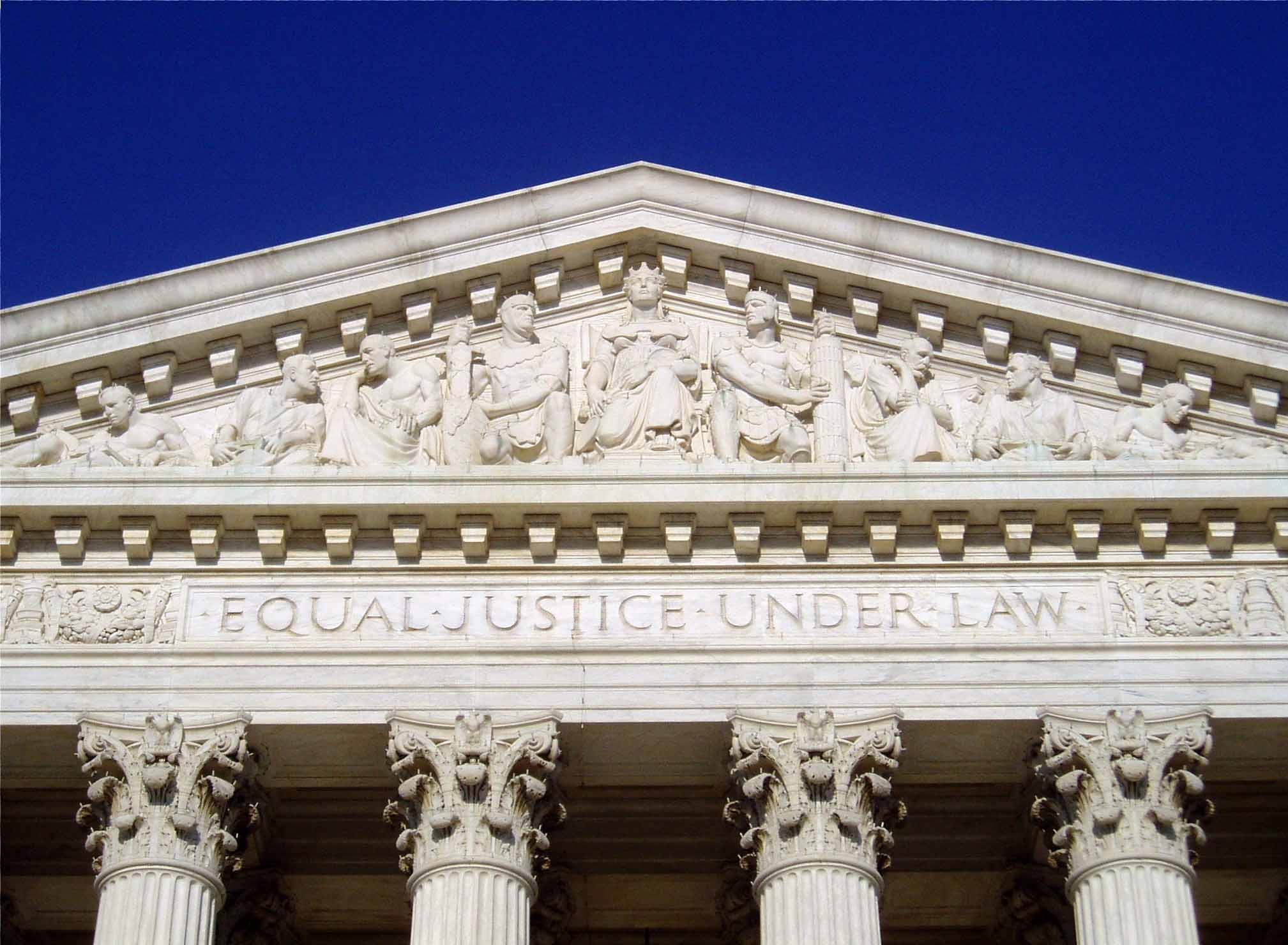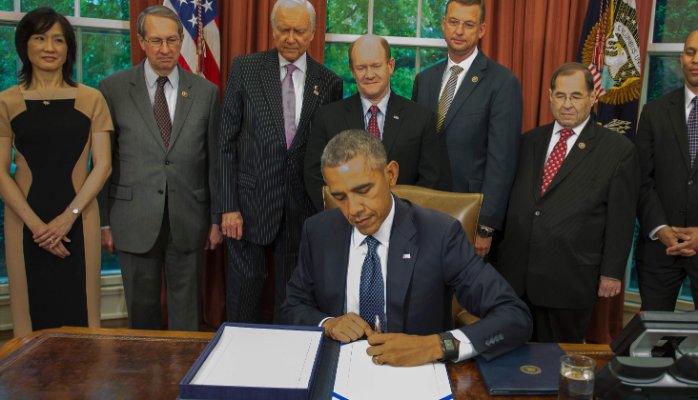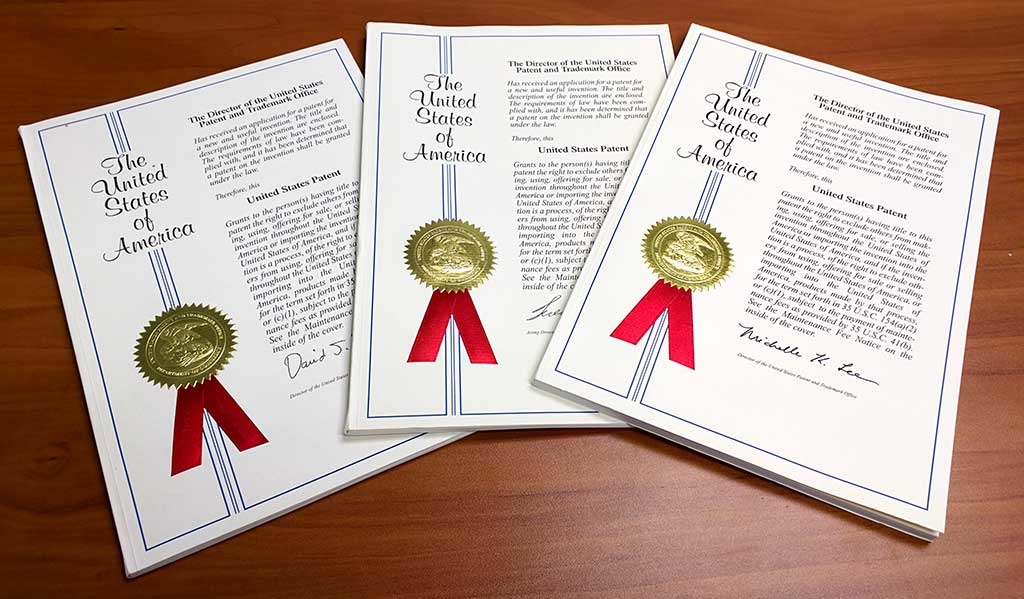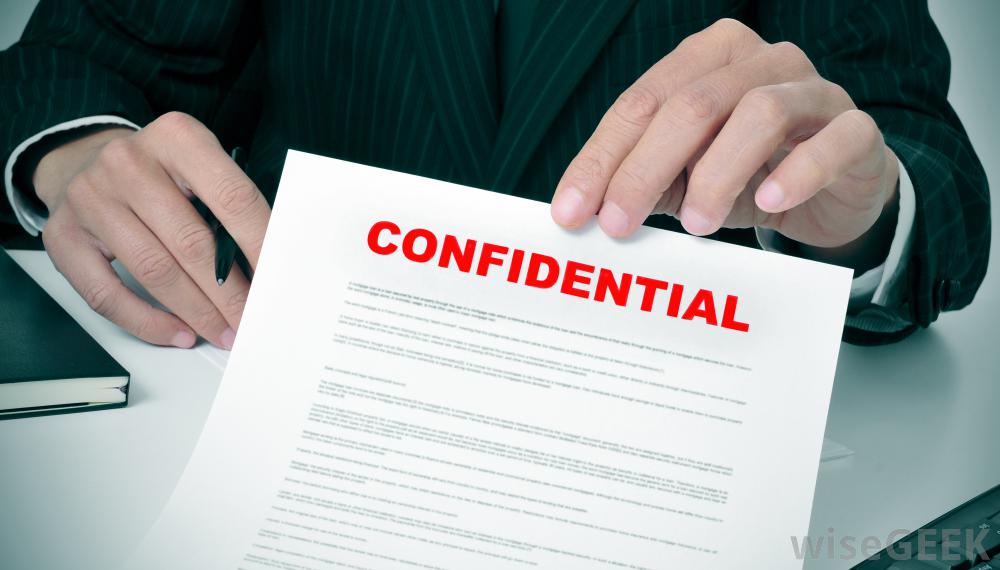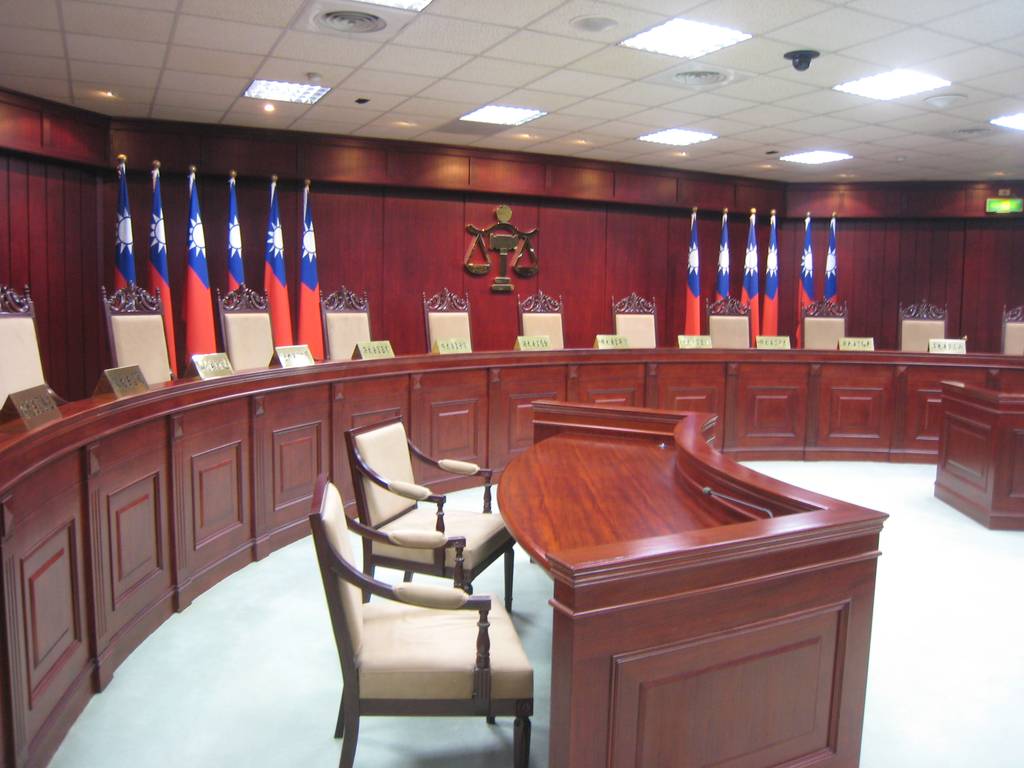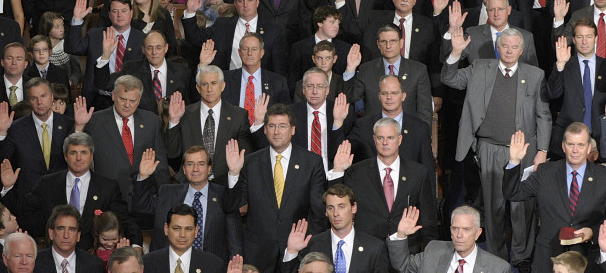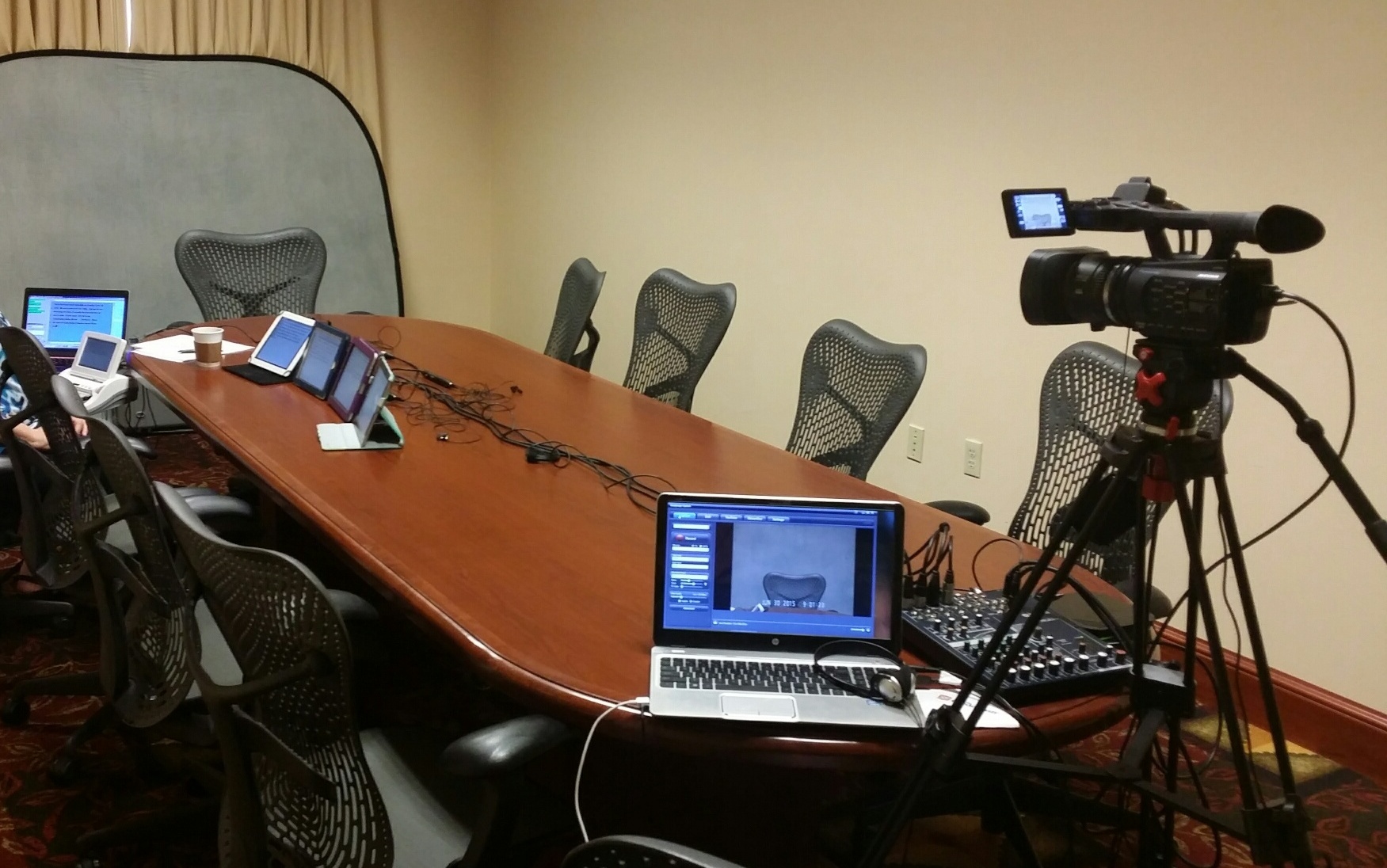
Global commerce often leads to litigation and the need to obtain evidence from foreign parties and witnesses. However, in most Asian (and other civil law) countries, discovery is conducted by judges, not attorneys, depositions and other formal discovery procedures do not exist, and attempts by foreign litigants to gather evidence contrary to local laws may be seen as violations of national sovereignty, for which criminal sanctions may be assessed.
Fortunately, lawful methods exist for U.S. litigants to depose parties and non-parties in most countries. Primarily, the Federal Rules of Civil Procedure (“FRCP”) and corresponding state laws authorize the taking of foreign depositions pursuant to (a) treaty or convention, (b) letters of request or letters rogatory, (c) deposition notice, or (d) before a consular officer; and the Hague Convention on Taking of Evidence Abroad authorizes depositions before a consular officer or pursuant to letters rogatory.
However, each of those options has flaws. Singapore and South Korea are parties to the Hague Convention, but Japan, Taiwan, Thailand, Malaysia and the Philippines are not. China is a party to the Convention, but strictly prohibits depositions. The letters rogatory process takes many months and results in not a real deposition, but only the submission of written questions for a judge to convey to the deponent. A deposition notice is useless against a non-party witness who refuses to comply. And taking depositions before a consular officer is troublesome, as reservations must be made long in advance and one cannot bring cell-phones and laptops into embassies or consular offices.
In short, plenty of depositions take place in Asia, but there are myriad legal and practical complications, so it is critical that U.S. counsel plan well in advance, informing the presiding judge of the plans, consulting with foreign counsel, and carefully observing best practices concerning the following matters, to ensure that the process will succeed and testimony will be admissible in court. Continue reading →
